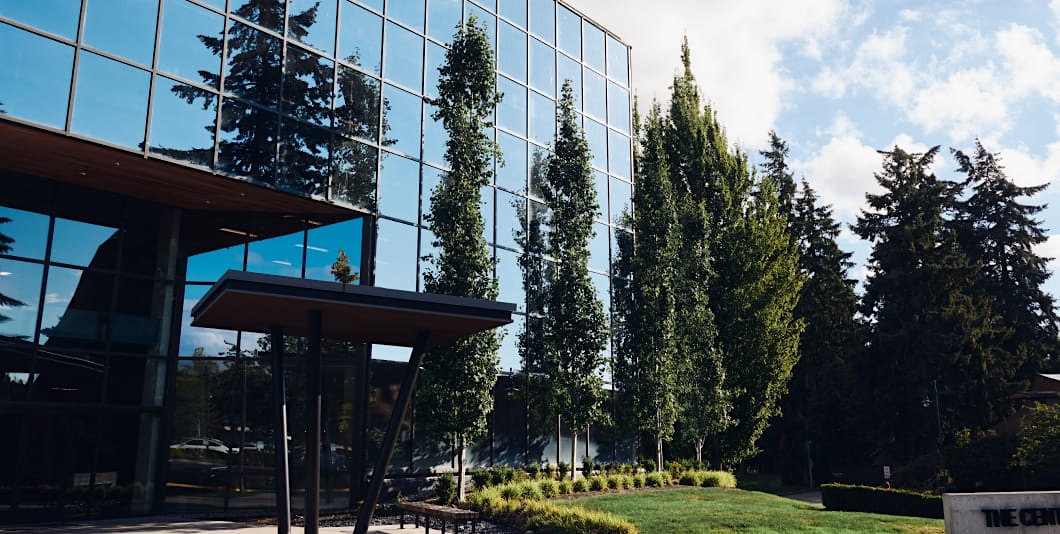Ridesharing services like Uber and Lyft have revolutionized how we travel, offering a convenient alternative to traditional taxis and public transportation. However, the rapid growth of these services has also introduced complex legal issues, especially regarding what happens when accidents occur. This article simplifies the tangled legal world of ridesharing, focusing on the laws, insurance, and liability issues involved.
Understanding Ridesharing Laws
Ridesharing companies operate under a model where drivers use their own cars to transport passengers who book rides through an app. This raises unique legal questions, mainly about the drivers’ relationship with the ridesharing company and the liability in accidents.
Regulatory Landscape
Different states have different rules for ridesharing companies, known as Transportation Network Companies (TNCs). These rules often dictate insurance requirements, driver qualifications, and how the services should operate. The aim is to protect both drivers and passengers by providing clear guidelines.
Insurance Challenges
Insurance coverage during ridesharing is divided into three key phases:
- Period 1: The driver is logged into the app but hasn’t received a ride request yet.
- Period 2: The driver has accepted a request and is on the way to pick up the passenger.
- Period 3: The passenger is in the car, and the ride is underway.
Typically, personal car insurance doesn’t cover commercial activities like ridesharing. This leads to potential insurance gaps, which ridesharing companies try to fill with their own policies that kick in at different times. Understanding when and how these policies apply is crucial for everyone involved.
Sorting Out Liability
Figuring out who is responsible in the event of an accident involving a rideshare vehicle can be complicated. It often depends on whether the driver is considered an independent contractor or an employee of the ridesharing company. This classification affects how responsibilities are divided between the driver and the company, which is a key factor in legal cases following accidents.
Legal issues unique to ridesharing include:
- Negligent hiring: This could apply if a ridesharing company didn’t properly check a driver’s background before hiring.
- Vicarious liability: This concerns whether a company is liable for its drivers’ actions while they are logged into the ridesharing app.
Looking Ahead: The Future of Ridesharing Laws
As ridesharing continues to evolve, so will the laws that regulate it. Upcoming legal challenges will likely refine how TNCs are defined and regulated, aim to increase passenger safety, and address insurance coverage loopholes. Additionally, as technology progresses, new legal issues like data privacy and cybersecurity will become more relevant in the context of ridesharing.
Conclusion
While ridesharing services like Uber and Lyft offer significant conveniences, they also bring with them a complex set of legal challenges, particularly around accidents, liability, and insurance. As these services become more ingrained in our daily routines, understanding the associated legal framework becomes increasingly important for users, drivers, and lawmakers alike. This knowledge ensures everyone is protected and informed in the ever-evolving world of modern transportation. If you need legal assistance for an Uber/Lyft accident in Tacoma or Federal Way, contact us now!












